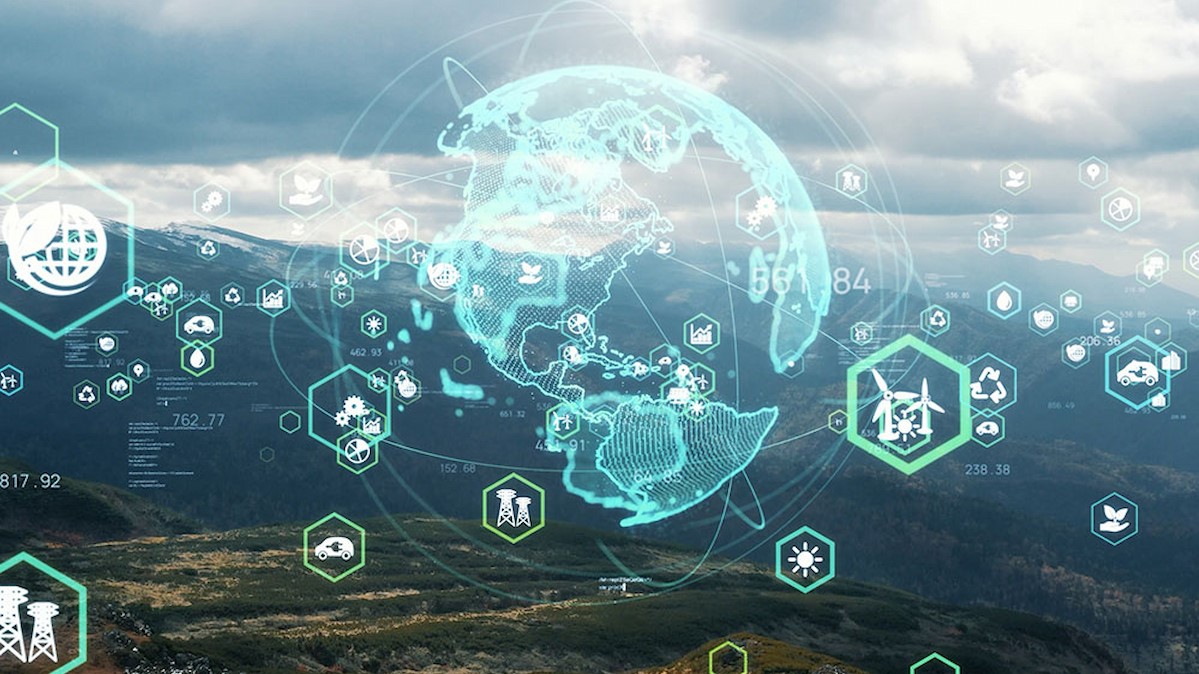As a result of global supply chain concerns and the possibility of additional U.S. tariffs on solar panel imports from Southeast Asia, the solar industry is forecasting a major slowdown in project installations.
Southern Co., a U.S. power operator, said on Thursday that almost a gigatonne of solar energy projects will be delayed by a year, the latest in a series of warnings from firms and industry officials citing the two difficulties. A slowing in the expansion of the solar business might jeopardize the Biden administration’s climate ambitions, which include decarbonizing the US power sector by 2035 via broad use of wind and solar energy.
“I share your great worry about this,” Energy Secretary Jennifer Granholm said during a congressional budget hearing on Thursday. She was replying to a query from a senator about the potential of additional levies on solar installations.
Southern Chief Financial Officer Daniel Tucker said on a conference call to review the company’s quarterly results that the company’s Georgia Power utility gained regulatory clearance last week to postpone numerous solar projects by a year. According to a regulatory document, the delay relates to five proposed solar installations in Georgia totalling 970 megawatts of capacity. That is enough to power 184,000 houses.
According to reports, Consolidated Edison, Nextera, and EDF Renewables are developing the projects. Several power plants have signed 30-year contracts with Georgia Electricity to provide the utility with electricity. In order to meet its goal of “net zero” carbon emissions by 2050, Southern has committed to employ a significant amount of solar energy.
Approximately 2.1 to 2.8 GW of NextEra’s solar and energy storage projects would be postponed until 2023, according to the company’s most recent forecast released last week. 80% of US solar panel imports come from four Southeast Asian nations, which the Commerce Department is investigating for suspected tax evading. The inquiry was initiated last month and may lead to levies on solar panels from these countries.
Because the tariffs might be enforced retrospectively as a result of the inquiry, which will not be completed for many months, the solar market is in a state of uncertainty. In response to the possibility of increased tariffs, the leading solar trade association said earlier this week that it was reducing its solar installation predictions for this year and next year by 46 percent. According to the Solar Energy Industries Association, more than 315 projects have been cancelled or postponed as a result of the current economic climate.
Tariff worries have contributed to a growing list of issues for solar manufacturers in the United States, which already includes rising prices for components, labour, and freight as the global economy recovers from the coronavirus outbreak in 2009.
Whatever the financial and social benefits that solar energy has provided us over the years, these recent incidents indicate that it is time to shift our attention elsewhere, that it is time to invest in something better, something that will serve us well in the future and on which we can rely in the years to come.
The Fuel of The Future

There is a new solution in the realm of alternative renewable energies that is extremely distinct from previously known energy sources. This is neutrinovoltaic energy, a completely sustainable, unique, and eco-friendly solution.
Though scientists have long dismissed the idea that neutrinos could serve as an energy source, the 2015 discovery that proved that neutrino do in fact have mass convinced some scientists that energy production through neutrinos and other non-visible radiations is possible.
For example, the Neutrino Energy Group led by mathematician Holger Thorsten Schubart, a company focused on harnessing the power of neutrinos and other non-visible radiations is actively hard at work improving its neutrinovoltaic technology. this ground breaking technology as opposed to photovoltaic cells does not require sunlight which is a crucial advantage allowing it to generate power 24 hours a day and 365 days a year. furthermore, this technology will allow the production of completely environmentally friendly devices that can operate without an electrical outlet and thus making it more autonomous and having an ample possibility to be used anywhere and in any situation.
Leading international energy experts and futurologists are convinced that the ground-breaking engineering of neutrinovoltaic technology will be the energy of the future, a long-awaited and dependable solution to the present energy problem, and an energy source that will symbolize peace and freedom. One that will assist future generations in meeting their energy demands without the need for wasteful infrastructure, competition for limited natural resources, or an increase in environmental impact.

